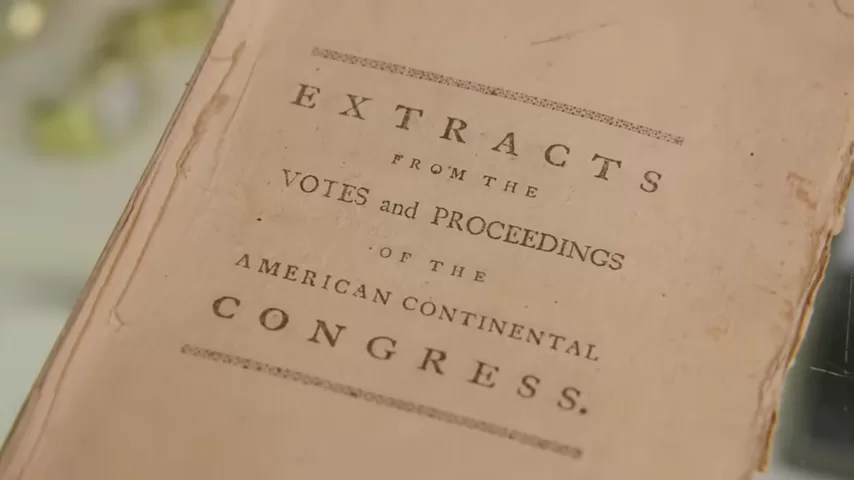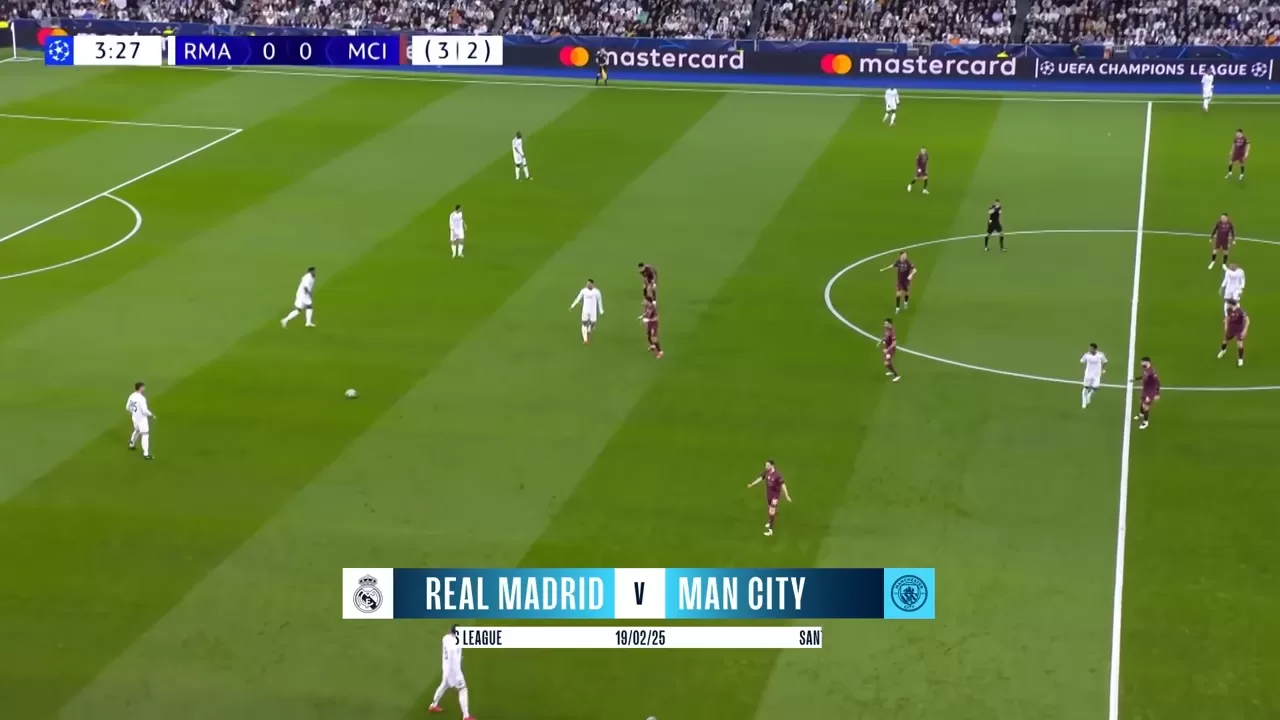In the world of historic documents, there are few items more powerful—or more symbolic—than those tied directly to the founding of the United States. One such piece, dusty and tucked away for over a decade, emerged unexpectedly when a seller walked into a Las Vegas pawn shop carrying what looked like a fragile pamphlet from another era.
The document? A copy of “Extracts from the Votes and Proceedings of the American Continental Congress,” dated 1774.
“This is basically where the colonies are complaining to Great Britain,” the shop owner summarized. “Like, stop being jerks.”
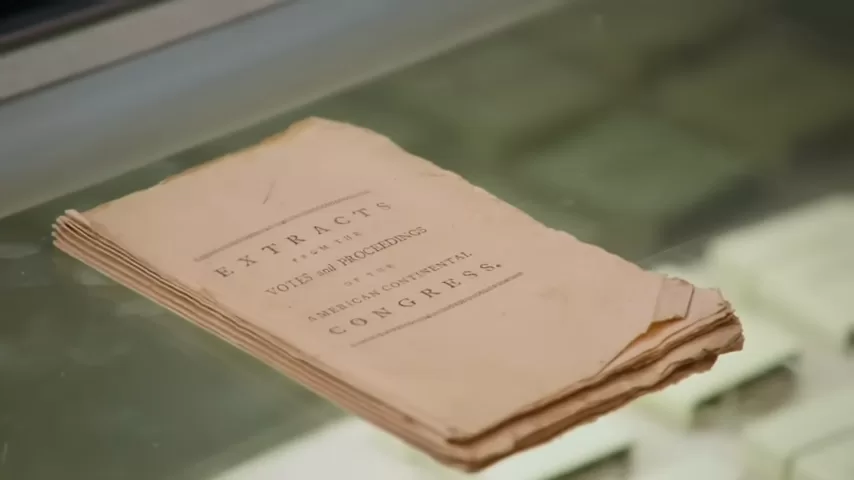
A blunt but surprisingly accurate way to describe the tension that would soon erupt into the American Revolution.
The Historical Weight of the Document
The year is 1774. The First Continental Congress has just convened in Philadelphia, bringing together representatives from 12 of the 13 colonies. Their mission? Address the growing list of grievances against the British Crown—from oppressive taxes and closed ports to the forced housing of British troops.
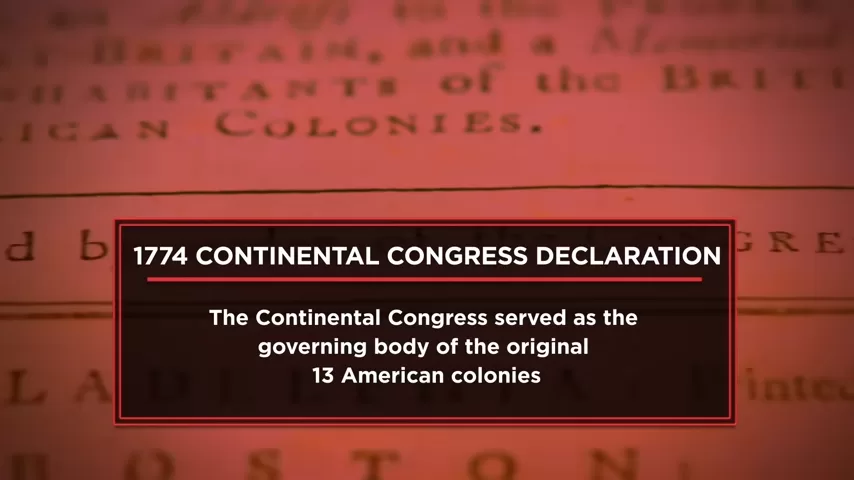
These collected “extracts” weren’t private letters or internal records. They were meant for wide public distribution, designed to rally support across the colonies and build unity. In a sense, this was America’s first mass political press campaign—and one of the earliest attempts at forging a unified American identity.
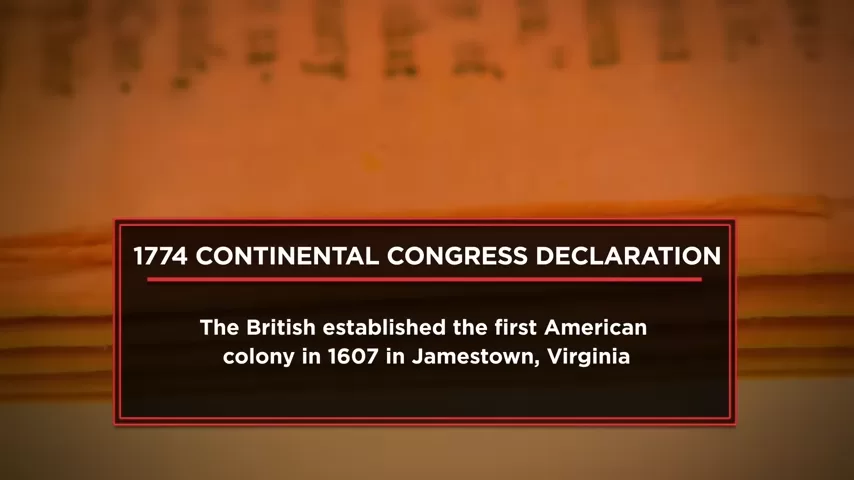
“This is the moment where the phrase United States starts to mean something,” the historian called in to examine the item explained. “This is the preamble to the Revolution.”
A Rare Find in Surprisingly Good Shape
The seller had acquired the document years earlier while liquidating storage units and estate contents. It sat ignored for nearly a decade—until he finally took a closer look and realized what he might have.
Though rough around the edges, the document was remarkably well preserved for something never intended to last.
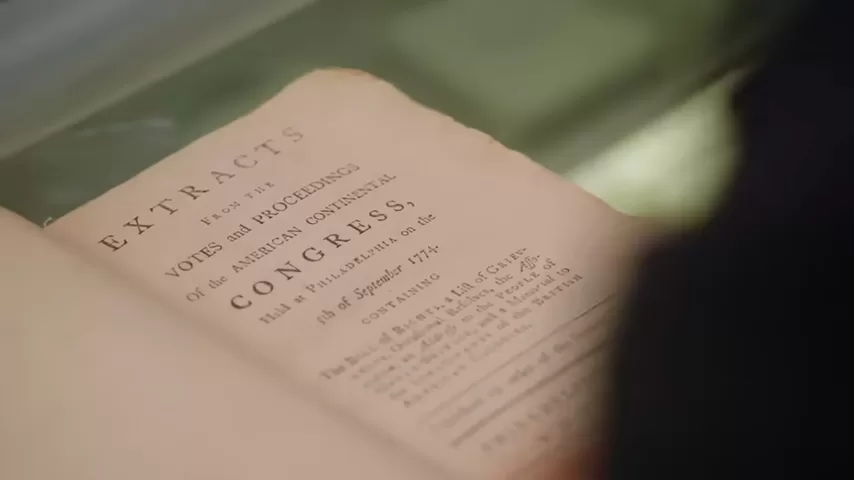
“It was printed fast, distributed fast, and meant to be thrown away after reading,” the expert explained. “The fact that it survived—and with its original stitching—is stunning.”
In its current condition, the piece featured:
- Original period paper and ink
- Early American typesetting
- Stitch binding (not rebound)
- A mostly intact 48+ page structure
At first glance, everything screamed rare and valuable—until the expert turned to page 48.
The Fatal Flaw: One Missing Page
As she read aloud, the final sentence on page 48 cut off mid-thought:
“But to unite with us in one social compact formed…”
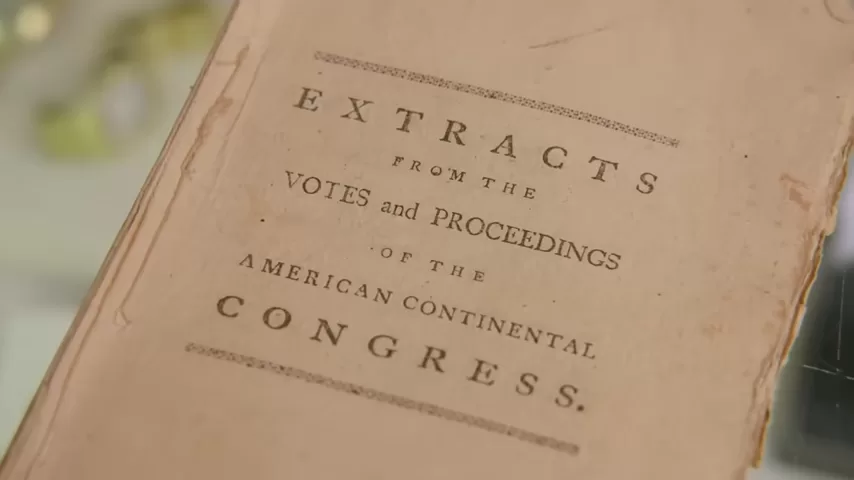
And that was it.
“We’re missing a page,” she said. “Once something like this is incomplete, its value drops quickly.”
Even so, the document was still historically significant. Original examples of these printed congressional extracts are rare in any condition—let alone one this close to complete.
Price Talk: From $15,000 Hopes to $2,850 Reality
The seller initially asked for $15,000, unaware of the missing page. The expert’s appraisal? $12,000—if complete. But incomplete?
“A collector might pay around $4,000, but no more,” she concluded.
Armed with that new reality, the negotiation began. The seller made a counteroffer: $3,500.
The shop responded: $2,500.
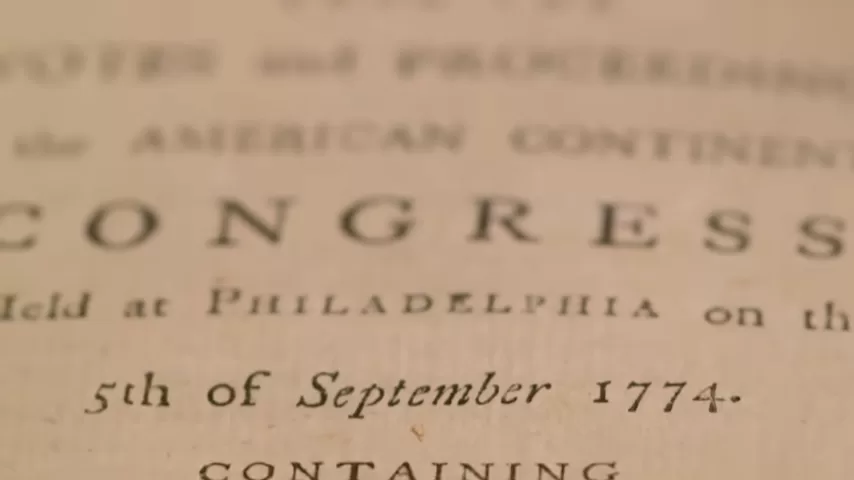
After a little back-and-forth, they settled on $2,850—a far cry from the original ask, but still a solid sum for a document that had spent 10 years sitting on a shelf.
“There’s nothing as cool as owning a snapshot of history as it was being made,” the shopkeeper said. “Except maybe making money off of it.”
Why It Still Matters
This wasn’t a draft of the Declaration of Independence. It wasn’t signed by Thomas Jefferson. But in many ways, it was just as important.
This pamphlet represents the American colonies’ first unified political voice, laying out their objections in clear terms and attempting negotiation before blood was ever shed.
- It speaks of solidarity, after years of isolated resistance.
- It documents the colonial response to the Intolerable Acts.
- It marks the beginning of a shared American cause.
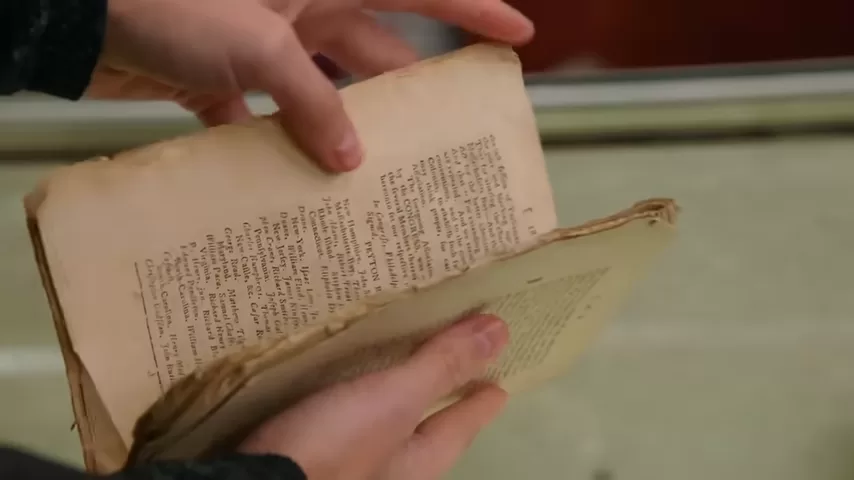
It’s easy to forget how fragile the early days of America really were. There was no guarantee the colonies would unite, no certainty war would succeed, no consensus that independence was the goal. But documents like this laid the foundation.
“It’s the pre-Declaration of Independence,” the seller put it. “And it tells Great Britain, in no uncertain terms, to back off.”
Final Thoughts: The Power of Forgotten Paper
Old documents aren’t always glamorous. They’re yellowed, torn, often ignored. But hidden in those faded pages is the raw emotion, ambition, and anger of people living through transformation.
In this case, a forgotten pamphlet became a direct link to the conversations that led to revolution. Not just a collectible—but a piece of the national conscience being born.
For the seller? $2,850 is a nice payday. But for the buyer—and the future collector who ends up with it—this is a priceless artifact of America’s earliest voice.
